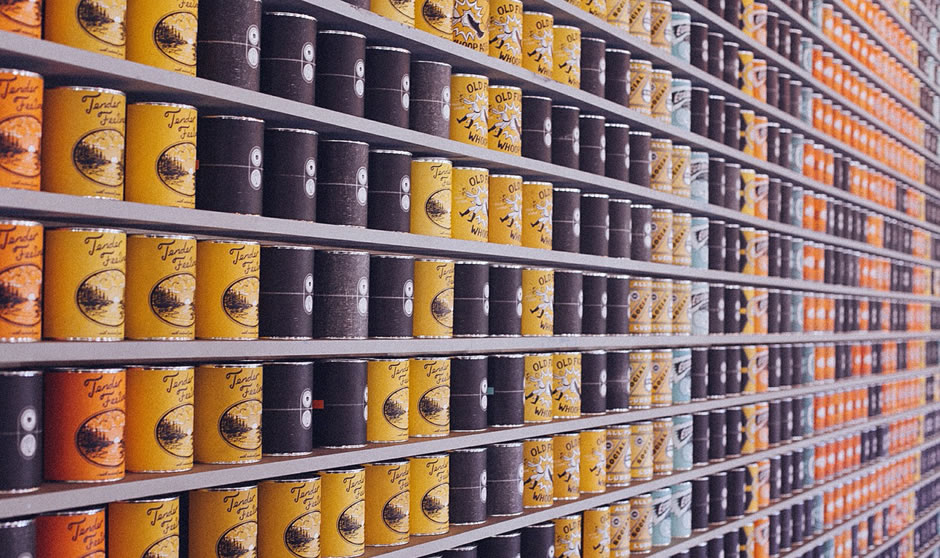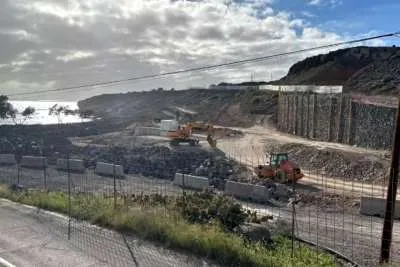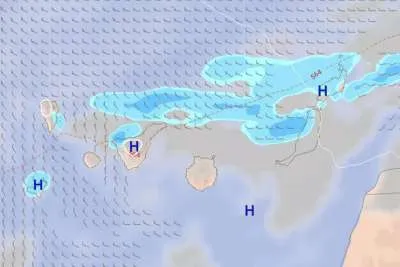An Easy Guide to Becoming a Prepper
- 20-01-2021
- Business
- Canarian Weekly
There are many kinds of preppers and types of prepping in this world. On some level, many of us are preppers anyway. We plan for rainy days, save money in case of emergencies, and keep first-aid kits in our home in case of injury. These are all forms of prep on a small level but prepping can range from here to full-on doomsday or disaster scenario preparation. There are great arguments for prepping at all levels.
So, let’s take a look at various prepping scenarios and how you can ensure you are prepared for these in our easy guide to becoming a prepper.
Everyday Prep:
On some level, most of us are everyday preppers. We spoke to Toby, a prep expert from thepreppingguide.com/what-is-prepping/ who referred to this level of prepping as “basic prepping for most people who have common sense.” Effectively, the simple things you do to prepare you for the days ahead. For example, putting a little money aside in case the heater breaks or doing a weekly food shop of non-perishable items so that you have food if you fall ill. Simple, daily-to-weekly prep is simple and most of us do it!
Short-Term Setbacks:
Moving on to where prepping becomes more of a thought than everyday common sense, let’s look at prepping for short-term problems. Life is unpredictable and can often throw us curve balls such as injury, illness, or vehicle breakdowns. So, how do you prepare for short-term issues? Usually, the simplest and most effective way to prep for these scenarios is to have an emergency fund. If you have 3-6 months’ worth of money in your bank account, you can tackle most short-term issues without worry. You can order food if you have a broken leg, you can pay your bills if you are hospitalized, or even pay the bills in a pandemic!
Long-Term and Disaster Prepping:
Time to consider proper long-term and disaster preppers. This is where you can start to think about preparing for things such as severe weather, natural disasters, or economic crashes. This kind of prepping is about ensuring you have enough to survive even if everything around you is in turmoil. So, what do you need to be prepared for disasters?
- Shelter
This may be the first thing that springs to mind when you think of a prepper. Many people build their prep areas in basements or tornado shelters, and for good reason. A good shelter that is away from any danger or elements is crucial when thinking of long-term survival prep. You may want to consider energy sources such as generators or fuels for heat, as well as creating liveable areas within your shelter.
- Water
Without water, you won’t last long. The most simple thing to do is store bottled water in your shelter, however, if you are prepping for a much longer-term issue, this can be both costly and a waste of space. A system to collect and purify rainwater or water from underground sources is a great idea. Bottled water is handy, too, especially if you need something to carry away in a rush.
- Food and Cooking
Storing food is one of the simplest things to do in the land of the prepper. Here, tins and freeze-dried goods are your friends. Both these types of foods have a long shelf-life which means you can store them for a very long time before worrying about waste or replenishing stock. Store the healthiest food with the longest shelf-life. And, consider how you are going to cook this food. Do you have a gas burner or other cooking methods? Make sure you store these, too!
- Waste
Waste is something people often forget to consider. But, there’s one thing you can guarantee: eating and drinking lead to human waste! It is important to think of how you will deal with the trash and human waste in your shelter. It’s certainly a challenge, but something you need to prepare for.
- Security
Finally, in a worst-case scenario situation, you may need some security. Whether that’s some heavy bolted doors on your shelter, some CCTV installed, or some weaponry. Anything you think you’ll need to protect yourself and your loved ones if the world outside really does go crazy!
It’s easy to start prepping your finances or home for the short-term, but a bit more complex if you’re planning a disaster shelter or similar. Whichever you choose to do, we hope our handy guide has got you in the mood for prepping and shown you how to get started. Good luck on your new prepping journey!
Other articles that may interest you...
Trending
Most Read Articles
Featured Videos
TributoFest: Michael Buble promo 14.02.2026
- 30-01-2026
TEAs 2025 Highlights
- 17-11-2025


























































